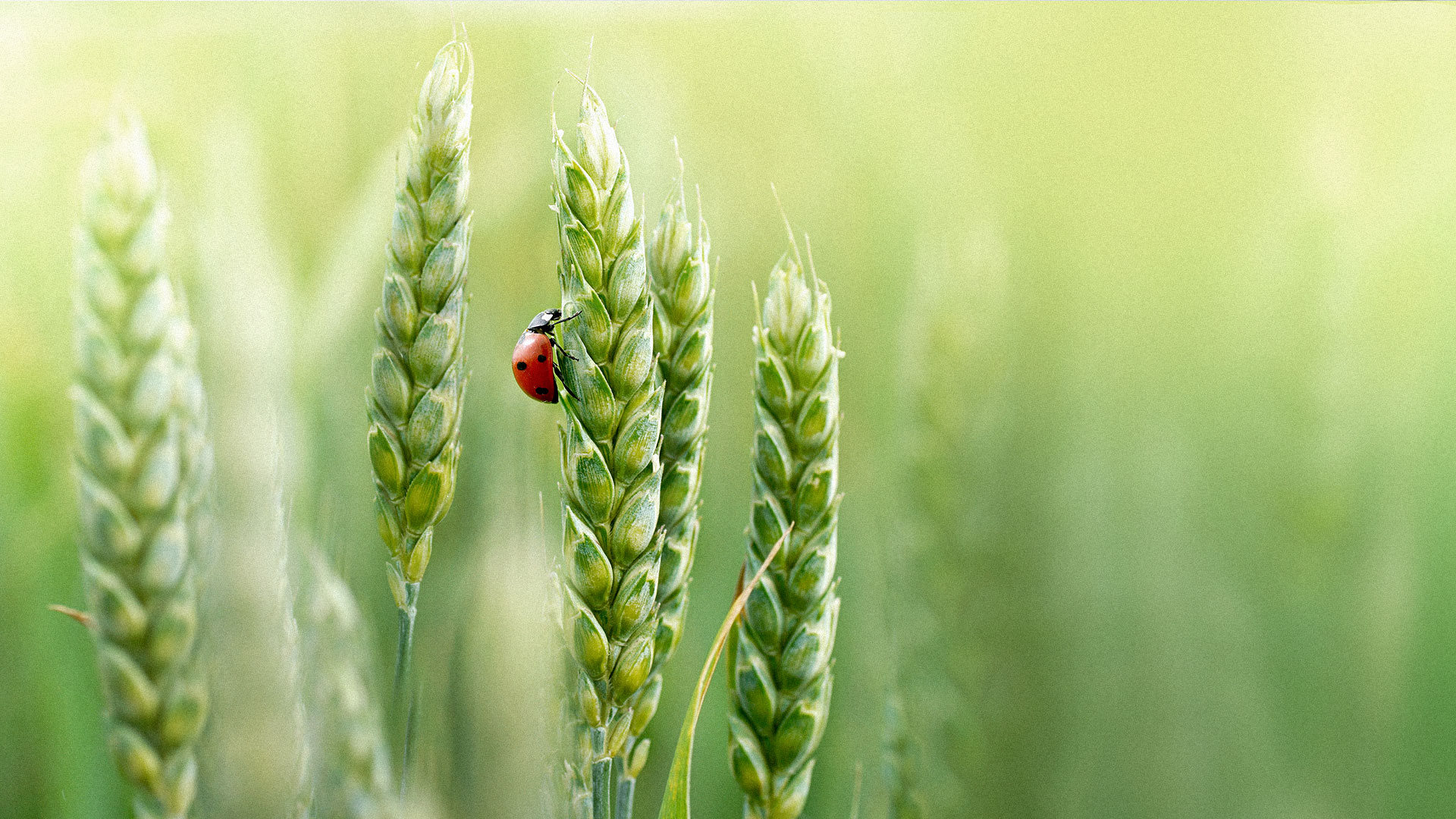The world’s population will increase by an additional 2 billion by 2050, and combined with rising incomes, the Food and Agriculture Organization of the United Nations expects that the demand for food will increase by about 50%. This poses new challenges for agricultural productivity and sustainability and is the basis for the Collaborative Crop Resilience Program (CCRP): a new 6-year research project to be carried out in Denmark and the United States for which the Novo Nordisk Foundation has awarded a grant of DKK 203 million (USD 30 million).
“For the first time, researchers will examine in depth the underlying biology of how the roots and leaves of plants interact with bacteria. This can help reduce the use of fertilizer and pesticides by promoting natural bacteria that coexist with the plants. The goal is to create more efficient and more sustainable agriculture and pave the way for the next green revolution,” says Claus Felby, Head of Life Science Research and Industrial Applications Promoting Sustainability, Novo Nordisk Foundation.
The Collaborative Crop Resilience Program will be carried out by researchers from the University of Copenhagen, Aarhus University, North Carolina State University and the Technical University of Denmark – each of which has strengths in agricultural or biological research. The overall program has three subprojects.
- MATRIX will focus on the abundant but poorly studied interactions between plants and microbes above the ground.
- INTERACT will focus on the essential and mutually beneficial interactions between plants and microbes underground.
- InRoot will provide knowledge and tools for the science-based development of new crop varieties and associated microbial interventions.
“This grant enables us to explore basic unanswered questions about the mechanisms that govern the interaction between plants and soil microbiological communities. The combination of different types of expertise opens new opportunities for delivering top-level research. In the international context, it is a unique programme,” says Jens Stougaard, Professor, Aarhus University, who heads the InRoot project.
“Knowing more about the interactions between plants and the microbes that live on, in or near them will help us to harness these interactions to protect crops from drought, temperature extremes, insects, pathogens and other stressors. Ultimately, we want to create predictive models of plant-soil-microbe systems that can be used on a global scale as real-time decision-making tools to lower agricultural risks and improve crop yields,” says Amy Grunden, Professor, North Carolina State University. She is the principal investigator and Chair of the Steering Committee of the Collaborative Crop Resilience Program, which provides overarching management of the interconnected projects.
The Collaborative Crop Resilience Program is thus a completely new approach to further develop agriculture by focusing not on the crops but on the microorganisms around them. Specifically, this involves examining up to 1000 species of bacteria and analysing how they interact with a specific crop. The scientific results will enable the existing crops to be improved and, in the long term, create much more sustainable agricultural production with improved yields and greater resilience to climate change. This research field has come into focus in recent decades, but the tools required to study thousands of interacting bacteria have only recently become available.
“The Collaborative Crop Resilience Program is a unique opportunity to achieve a basic system understanding of the interaction between microbes and plants under complex environmental conditions. Such basic understanding is necessary if greener plant production is to maximize the use of the interaction between microbes and plants,” says Mette Nicolaisen, Associate Professor, University of Copenhagen, who heads the INTERACT project.
“This project and the expertise the participants bring can pave the way for solutions to some very specific challenges we are facing globally. We expect the project to help to create solutions for the agricultural sector that contribute to more sustainable production methods that are also economically viable, “says Lars Hestbjerg Hansen, Professor, University of Copenhagen, who heads the MATRIX project.
The research on how natural bacteria interact with crops can basically be compared with examining LEGO bricks (bacteria) and determining which ones are in place and how they interact. Then researchers can investigate how these can be assembled into something that is larger and stronger than the individual bricks. This has a huge potential for improving agricultural productivity.
The Collaborative Crop Resilience Program is a public research project, and the knowledge created will therefore be publicly available, enabling anyone to build on the initial basic knowledge to create new knowledge and solutions. The project will be carried out with field and greenhouse experiments, mainly in Denmark and North Carolina, United States.
Further information
Novo Nordisk Foundation
Anders Rosendahl, Senior Officer, phone: +45 4048 3766, [email protected]
University of Copenhagen
Lars Hestbjerg Hansen, phone +45 2875 2053, [email protected]
Mette Nicolaisen, phone +45 3533 2649, [email protected]
North Carolina State University News Services
Mick Kulikowski, phone +1 919 515 8387, [email protected]
Aarhus University
Lisbeth Heilesen, Communications Manager, phone: +45 9352 1927, [email protected]








